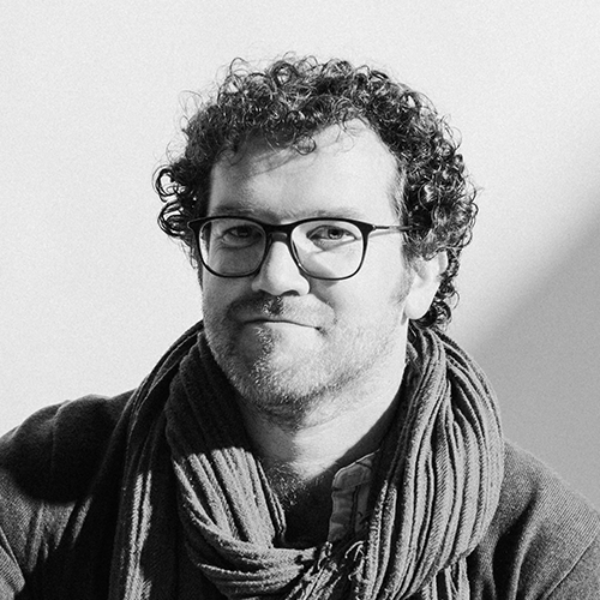Plenty of Room at the Inn: The Nativity Scene Resurrected
As a prophet said, we are capable of so many things, us humans.
You may be used to it — the nativity story as told by wonderful, small humans from St. Paul’s Church in Auckland, New Zealand, or the recordings from the early ‘60s of Bible stories told by children in Dublin City. They are charming, beautiful. They are full of such potential and pleasure in the art of the imagination and the craft of storytelling.
However, as Pope Benedict XVI pointed out recently (and many others, including Ken Bailey), the way we tell the story is often unfaithful to the text. Luke’s gospel, from which much of the story comes, records no stable, no animals, and, most importantly, no inhospitality. Luke, normally so kind and gracious, giving so much time to stories of the marginalized, rushes through the birth of Jesus as if it was of little importance. Joseph and Mary had gone to Bethlehem for the census (oh, those number-loving Romans) and:
While they were there, the time came for her to deliver her child. And she gave birth to her firstborn son and wrapped him in bands of cloth, and laid him in a manger, because there was no place for them in the inn.
See? No animals, no inhospitality, no stable.
The word used for “inn” here is a curious one. In Greek, there are two words for “inn”: “kataluma” and “pandocheion.” It is the latter, pandocheion, used by Luke in the telling of the story of mobbed man resembles what we understand to be an inn — a resting house, with an owner and rooms.
Kataluma, the word used in the nativity story (and interestingly, also used to denote the upper room of the last supper) was really a different thing altogether. Most people of the time lived in a one-room structure. In that room there was space for living and sleeping, a fireplace.
Additionally, the animals were brought in for the night to that same space — for protection and also because of the warmth they’d give. Those houses lucky enough to have a kataluma had an additional guest room. This room, the kataluma, could be rented out. So, it seems that Joseph and Mary, arriving in Bethlehem, could not find a kataluma, so they had the baby and laid him in the manger, which would have been in the living space of a family who made room for them in their own place of life.
There’s a wonderful Lego image of the kataluma by Jacob Hosanna. It is much more ordinary. Much less dramatic. Much less offensive to the good people of the Holy Land who are aghast at Western tellings of the nativity story implying that anyone would turn away a woman in the last moments of pregnancy.
Those New Zealand kids were right about one thing though: the sense of celebration. Matthew’s recounting of the arrival of those strange Magi details, with a superfluity unusual in the gospel texts that they e˙ca¿rhsan cara»n mega¿lhn sfo/dra, literally, “they rejoiced with a great joy exceedingly.”
The way we tell the story tells so much. Stars and angels and joy and delight. Also, inhospitality, cruelty, insult, and limitation.
We must always be attentive to the edges of our own storytelling. Attractive as it may be to children, and lodged as it may be upon the portrayed scenes of religious Christmas cards, it is simply incorrect to think that Mary and Joseph were forced into a stable. They found shelter in the kindness of a family, presumably Joseph’s kin, in his traditional homeland of Bethlehem. This kindness was so ordinary, so expected, so taken for granted that Luke, the gentle evangelist, did not even make mention of the family whose home was used for what we consider to be the birthing of a godchild to confused parents.
As Krista Tippett wrote, it’s not provable. But, the telling of the story can make many things possible.
We might realize that every moment of human encounter, every small demonstration of hospitality, carries within it the possibility for incarnation. We can see that human touch, the actual touching of flesh, and flesh is in itself sacred. We can also see that religion at its best can communicate an honor for the ordinary, the everyday, the unremarkable — and find something remarkable in the midst of this parochial normality.
We are capable of so many things, us humans. Hospitality and hostility. Kindness and cruelty. What prophet said that? I don’t know. I made it up. If one didn’t say it, one should have said it. While it may not be true, it’s definitely not untrue.

